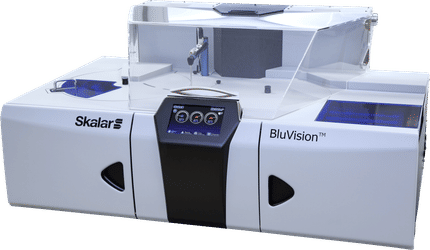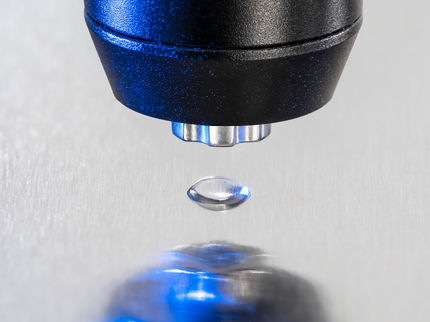To use all functions of this page, please activate cookies in your browser.
my.chemeurope.com
With an accout for my.chemeurope.com you can always see everything at a glance – and you can configure your own website and individual newsletter.
- My watch list
- My saved searches
- My saved topics
- My newsletter
David BritzDavid Alexander Britz (November 23, 1980) is an American scientist and engineer who is best known for his contributions to the field of materials science and nanotechnology. Product highlightIn 2004, Britz and his colleagues at Oxford and the University of Nottingham won a place in the Guinness Book of World Records for creating the world's smallest test tube, by performing chemical reactions inside of carbon nanotubes: "the nanotube has an inner diameter of approximately 1.2 nanometres, and a length of about 2 micrometers. Its volume is two zeptolitres (a zeptolitre is 10-21 litres), and around 2,000 molecules react in that space." [1] Britz graduated magna cum laude from the University of Virginia School of Engineering and Applied Science in Mechanical Engineering. He completed his Doctor of Philosophy in Materials Science in the UK at the University of Oxford, Christ Church, Oxford college in the Department of Materials, and completed his doctoral thesis, titled "Structure and Bonding of Fullerenes and Nanotubes", in 2005. During his work at Oxford, David Britz created more than ten new carbon nanotube- and fullerene-based materials and processes. He has been awarded Honorable Mention for the 2002 National Science Foundation Graduate Research Fellowship. Dave Britz also competed for Oxford University in the 2005 Varsity Boxing Match against Cambridge, earning a Full Blue. Currently, Britz works for the nanotechnology company Eikos in Franklin, Massachusetts, and is developing carbon nanotube inks for highly conductive transparent coatings and circuits to be used in a variety of ways, including for use in solar cells, the commercial displays market, and military applications. He lives in Boston, Massachusetts.
|
| This article is licensed under the GNU Free Documentation License. It uses material from the Wikipedia article "David_Britz". A list of authors is available in Wikipedia. |







